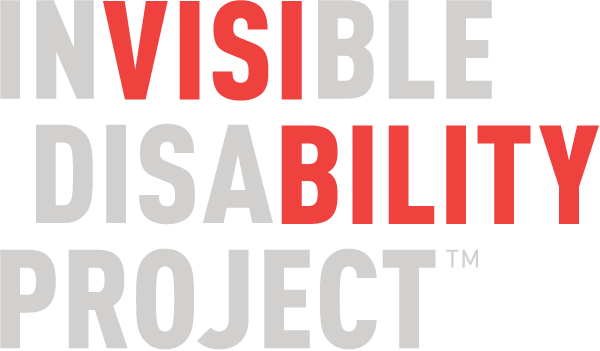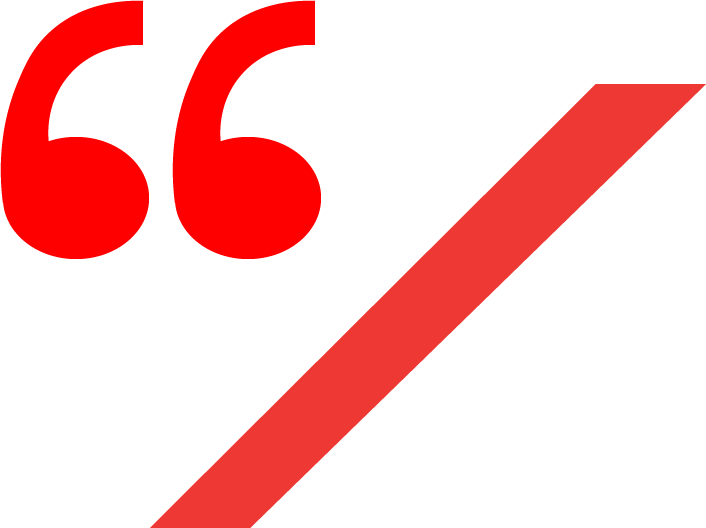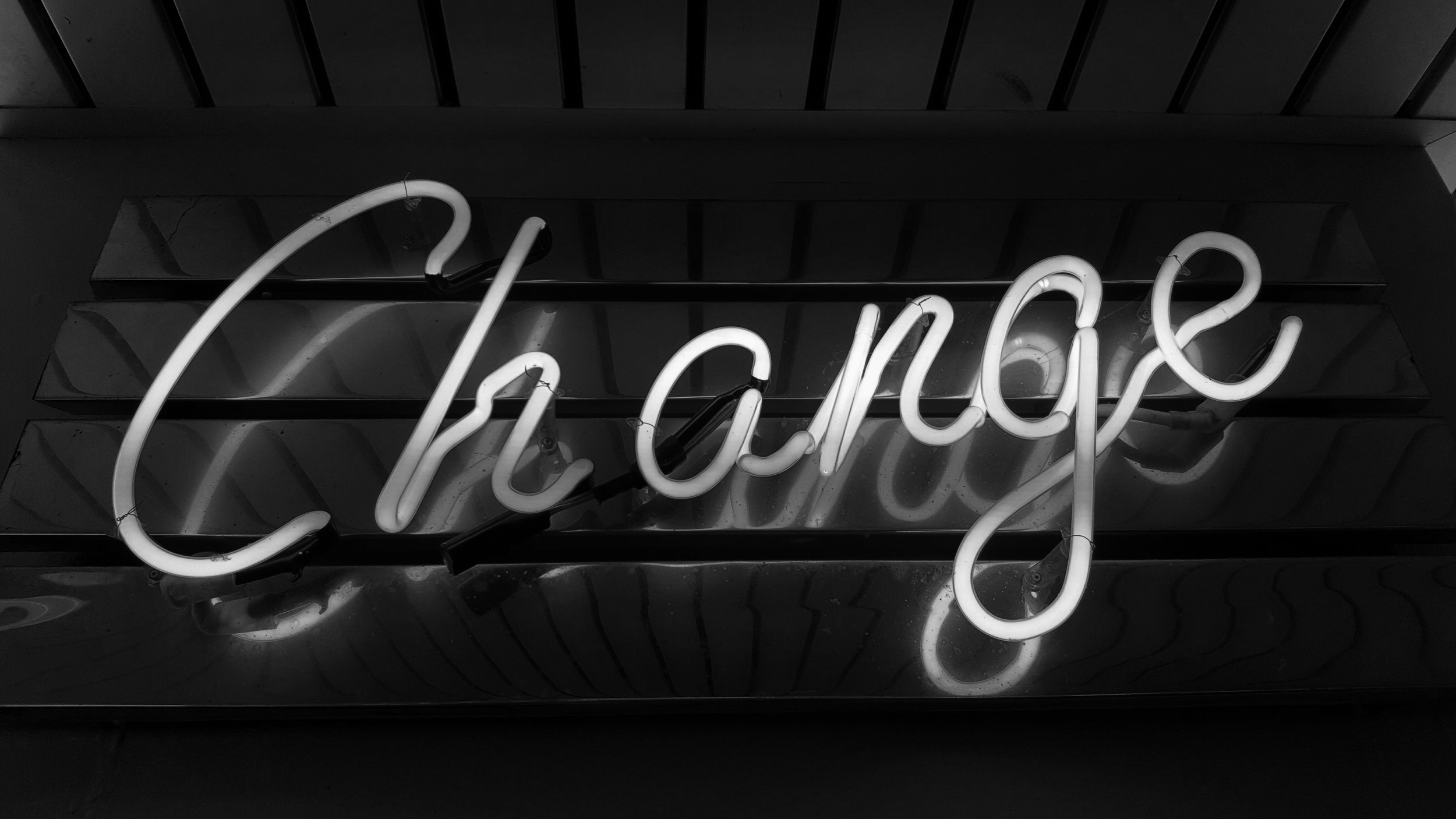IDP AMA: Can My Family Be Ableist, Too?
Answered by Gina Di Grazia, MA, C.PHIL
Disability Studies | Advisor
CONTACT
I am hearing impaired - profound to severe. I am verbal. Very little ASL. I speak, read, and write English and Spanish fluently. I have a professional degree. My family has a history of addiction.
Is it possible for a hearing-impaired person to have a family that is ableist? What if the parents think they know that child? What if they also manipulate her for their benefit?
I never thought about this before, but its a huge issue in my life now... Especially being stonewalled, by many. Can you help?
YES.
As a matter of fact, not only can our (us #Crips/disabled people/chronically ill people) families, attendant, carers, and medical professionals be ableist, we also experience our own internalized ableism.
Culture.
Ableism, like other prejudices, is a form of implicit bias that we acquire at the cultural level. For example, in Western cultures, representations of disability on film and in books perpetuate ableist stereotypes about the body that are hundreds of years old, such as the "better dead than disabled" stereotype (e.g. Million Dollar Baby); the "sentimental or charitable handicapped," like Tiny Tim or countless "poster children"; or, the "evil disabled, like James Bond's Dr. No, and so many more.
"Ableism, like other prejudices, is a form of implicit bias that we acquire at the cultural level."
The System.
Similarly, like other forms of prejudice, Ableism functions at a systemic level. A few examples include: One, laws in the US that still allow disabled people to be paid less than non-disabled workers in some places; Two, rather than advocating for our independence in the community with attendant carers, the vast nursing home lobby in the US ensures the continued warehousing of countless disabled people; Three, medical school curricula (note, this isn’t a judgment, rather medical schools cannot escape ableism either) largely overlooks the cultural implications (and history) of disability, in combination with implicit racism, and results, for example, in putting black women (particularly expectant mothers) at significant risk for difficult and even deadly pregnancies at disproportionate levels in the US. Likewise, black women and men are vastly under-treated for pain in urgent/emergency care settings as they are, tacitly, viewed as having a higher pain threshold; Four, as we hear so often with each mass shooting in the US, mental illness is conflated with these "shooters" (the "lone wolves" and "mad men")—when, in fact, mentally ill men and women are at far greater risk for being victims of violent crime rather than perpetrating it.
"Similarly, like other forms of prejudice, Ableism functions at a systemic level."
Language.
Ableism is built into our everyday language and practices. For example, when the latest celebrity or politician behaves badly, "arm chair diagnoses" come from newscasters and pundits alike ("so and so is just crazy," et cetera). Additionally, employing "craziness" and "madness" as adjectives in contemporary parlance is nearly always the inaccurate way to describe a situation ("the traffic was 'crazy' today" No, "the traffic was 'heavy' today.") We must remember that "crazy" and "mad" are, for many people, real lived experiences and not adjectives to describe scenarios we find confusing, excessive, out of control, or inexplicable, et cetera. We must remove countless ableist phrases from our everyday language that have deeply disturbing and deadly histories, or they are simply outdated and offensive. For example, "idiot, moron, feeble-minded, imbecile” (among others) were early 20th century eugenic categories used in the United States (yes, US, not Nazi Germany) to put unmarried women (who may have had children "out of wedlock"), as one example, in asylums or sterilize them; words like "mute," "pin head," "retarded," "wheelchair bound" (and countless others) have no business in 21st century discourse--respectively more accurate terms/phrases are "non-verbal," "disabled," "disabled," and "wheelchair users." (Note: medical diagnosis/pathologies should only be applied when the disabled or chronically ill individual employs their impairment or diagnosis (e.g. "paralysis," "MS," "Down's Syndrome," et cetera) to describe their disability.)
"Ableism is built into our everyday language and practices."
Internalized Ableism.
Like our loved ones (and sometimes doctors and carers), we also internalize these socialized, ableist notions around disability—after all, we too are exposed to the dominate culture that privileges an "idealized" or "normalized" body. Two examples of this privileging of the idealized body include unrealistic beauty standards and unrealistic laboring standards body (rooted in white supremacy and scientific racism). To illustrate the former, within a few centuries the ideal feminine form has changed from corpulent (white) women with broad hips and small breasts to today’s uber "athletic" (mostly white) women with breast implants as the latest paragon of beauty—however unrealistic. To illustrate the latter, men are often expected to labor physically—more so than women—so their able-bodiedness is connected to their masculinity. In short, we cannot escape dominant culture’s shifting standards of a fictionalized “normal body.”
"Like our loved ones (and sometimes doctors and carers), we also internalize these socialized, ableist notions around disability"
For those of us who have acquired our disabilities later in life, our internalized ableism (and that of our loved ones) is particularly challenging as we are constantly measured before and after "the accident or illness"--rather than simply inhabiting yet another diverse body. As another example from labor, we live and work within an economic system that prizes the "bootstrapping" hard worker and ceaseless “busyness”—detriments to both disabled and non-disabled populations. If the way we value ourselves is attached to a monetary system (and a singular, monetized notion of "productivity"), what happens when the built environment and bureaucracies limit access to public and private (work) spaces? What opportunities do we have to live independently outside of an economic, legal, and cultural system that favors a fictitious "normal body" over the unique bodies we actually inhabit? If disability is continually portrayed as "less than" or something to be "overcome," can we ever anticipate real acceptance and equity in dominant culture? How are seemingly innocuous linguistic choices (like "crazy" and "wheelchair bound," et cetera) reinforcing ableism, if even tacitly?
Though this brief introduction is not intended to be exhaustive, I hope it helps situate the ableism you're facing and provide some useful resources.
In Solidarity,
Gina
RESOURCES.
I encourage you to look to the work of Disability Studies scholar Lennard Davis on the history of "Normal," and Sharon Snyder & David Mitchell on disability representation in film and literature.
ADAPT is one of the most politically active disabled groups fighting for disabled people's rights to fair, equitable, and accessible employment as well as the right to live in the community.
The recent book, Imbeciles, by Adam Cohen on the "Buck V. Bell" Supreme Court case discusses the forced sterilization of both mentally ill and neuro-typical men and women, especially people of color and poor people.
Ugly Laws by Susan Schweick discusses the systematic effort to remove homeless people from the streets of Chicago and Portland (and more) by creating legislation based upon appearance and body odor, among other things (the last ugly laws in the US weren't repealed until the early 1970s).
The LA Times Article (among many others including NIH data available online) "The quiet crisis among African Americans: Pregnancy and childbirth are killing women at inexplicable rates" by Ann Simmons; see, also, the NIH on "Racial Bias in Pain Assessment and Treatment".
See the webpage The Autistic Hoya for a comprehensive list of ableist terms.








